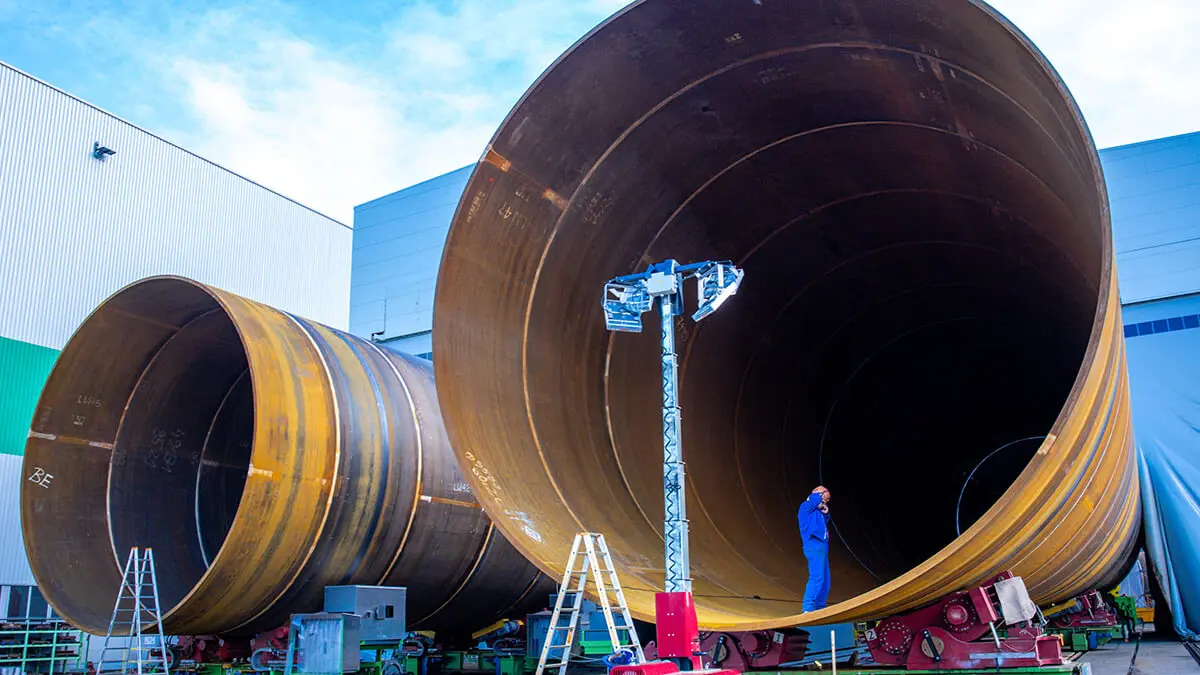Offshore wind power: Spain, the untapped potential compared to Europe

- Legislation and number of installations: the great European contrast
- Spanish paradox: technological development and wasted talent
- Hope in the new legislation: light and shadows
- Towards a sustainable and competitive energy future
Countries such as the United Kingdom, Germany, the Netherlands and Denmark stand out for their installed capacity, becoming international benchmarks with innovative projects and a clear political commitment to this technology. However, Spain, despite having an enviable technical capacity and a privileged environment, is lagging behind, occupying the ‘caboose’ in this strategic sector.
Legislation and number of installations: the great European contrast
While neighbouring countries have developed specific regulations to encourage the growth of offshore wind, Spain has historically lacked adequate legislation to promote this technology.
This has limited the development of projects and, consequently, the deployment of wind turbines off our coasts. In contrast, the UK leads Europe with more than 15 GW installed, followed by Germany with more than 8 GW and the Netherlands with more than 4 GW. Spain, today, has barely any pilot projects in the initial phase and a potential that has yet to materialise.
This delay not only affects the energy sector, but also has a direct impact on the cost of energy for citizens and on the competitiveness of our companies. The diversification of renewable sources, including offshore wind, could reduce energy prices and increase the country's energy independence.
Spanish paradox: technological development and wasted talent
It is paradoxical that Spain, internationally recognised for its technological capacity in the manufacture of wind turbines and the design of innovative solutions, has been unable to transfer this excellence to the national development of offshore wind. Spanish companies are key suppliers in offshore projects around the world, and many of our technicians and specialists work in leading multinationals in the sector.
This ‘technical exile’ shows that the problem does not lie in a lack of knowledge or talent, but in the absence of a stable regulatory framework and a coherent national strategy.
Hope in the new legislation: light and shadows
The recent approval of new regulations for the development of offshore wind in Spain offers a glimmer of hope.
This framework aims to organise the maritime space, encourage investment and align the country with European climate objectives. However, its implementation is a challenge. The complexity of the regulatory system, coordination between administrations and the need to attract private investment all test the country's ability to capitalise on this opportunity.
Towards a sustainable and competitive energy future
Spain still has time to reverse this situation and take advantage of its potential in offshore wind. Learning from European experiences, simplifying administrative processes and fostering public-private collaboration will be key to making up for lost time. There is no doubt that we have the technical know-how and human talent; what we need now is political will and determination to position Spain as a benchmark in this sector.
The development of offshore wind is not just an energy issue; it is an opportunity to lead a sustainable transition, reduce costs for citizens and regain a prominent place at the forefront of European technology.



